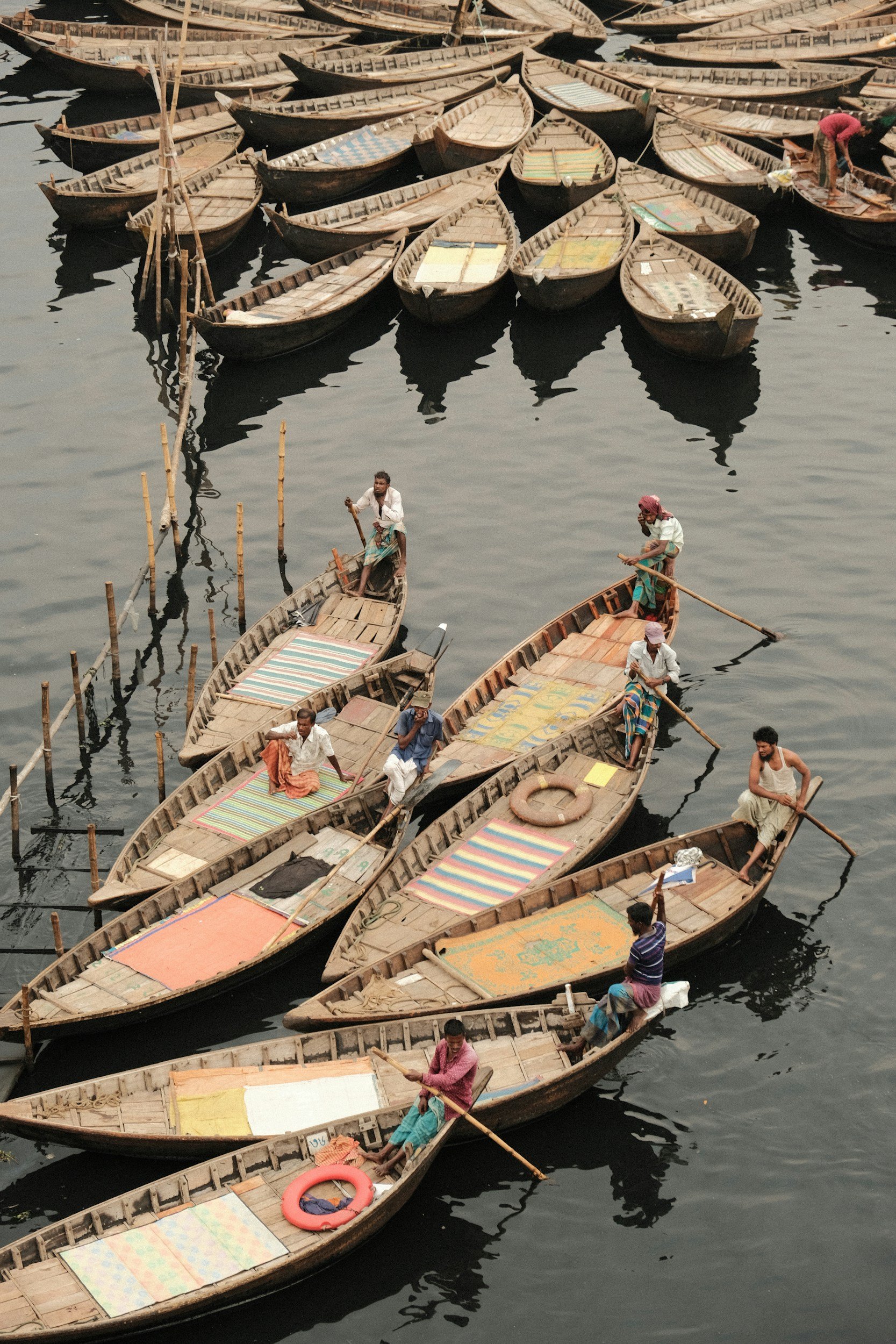
Bangladesh Resource Guide
On July 21, 2024, Bangladeshi students took to the streets to demand that the Supreme Court of Bangladesh respect its 2018 order to scrap a near 30% reservation in all government jobs for families of those who fought in the 1971 Liberation War.
These protests turned violent on July 15, 2024 when students clashed with police. Security forces and aligned political actors have allegedly killed 300 and detained up to 10,000 protesters in over two weeks. The government also implemented a nationwide internet blackout. Prime Minister Sheikh Hasina and her party, accused by her opposition and student activists of upholding the reservations and manipulating state institutions to repress dissent, resigned and fled Bangladesh on August 05, 2024, leaving the military in charge.
Timeline of Key Events
Use of Excessive Force
The Rapid Action Battalion (RAB) (Sanctioned by the US Treasury on accusations of arbitrary detentions, use of torture, enforced disappearances, hostage taking), the Border Guard Force (BGF) and Bangladesh Police used lethal and less lethal weapons against student protesters.. The violent response resulted in the death of 300-450 persons, including police officers. The Dhaka Metropolitan Court has accepted a case against Sheikh Hasina and 4 of her top police officers investigating the murder of a grocery store owner by the police during the unrest.
Perpetrating Factors
Institutionalized Impunity
Between January 2020 and March 2023, 229 journalists were indicted and 56 arrested under the Digital Security Act 2023 (DSA). The DSA has been used to punitively sequester civil rights advocates and journalists from public life. After its passage, 56 journalists were arrested in the first three months of 2023. Staff members of the newspaper Prothom Alo were sued under the law, with Sheikh Hasina calling them the “enemy” of her party and the country. Hasina’s government has made use of the Aynaghor, a prison run by the Director General of Forces Intelligence (DGFI) in Dhaka, to unlawfully house and allegedly torture detainees.
Electoral Discontent
The most recent election in 2024 was boycotted by the opposition, and was also labelled by the US State Department as “not free and fair”. The government arbitrarily detained 25,000 opposition members, activists, journalists. Political detainees were often denied healthcare. Several sources indicate that frustration among the people of Bangladesh reached a tipping point over the reservations, but began with the government’s autocratic practices. During the unrest, Hasina compared protesters to ‘Razakars’, referring to genocidaires that colluded with Pakistan’s army during Bangladesh’s Liberation War. The government imposed a blanket internet shutdown for 5 full days beginning July 18, 2024 as violence unfolded.
Violence Against Minorities
The fall of Hasina’s government was followed by sporadic attacks on property, temples and houses belonging to its minority communities, which are largely composed of Hindus, and also Christian, Ahmadiyyas and Adivasi tribal communities. Right wing Hindu nationalists in India used these attacks to spread disinformation and misinformation intended to heighten communal sentiments in India. In an apparent reprisal, members of the Hindu Raksha Dal (Hindu Protection Group) vandalized a predominantly Muslim slum in Uttar Pradesh, India. Hundreds of Hindus protested ‘targeted’ violence against them in Dhaka on August 09. While many of the attacks were communal, some Hindus were also attacked because of their perceived or actual support for the AL. While visiting Bangladesh’s largest Hindu temple on August 13, Professor Yunus said “rights are equal for all” calling for people to be patient.
Truth and reconciliation
There is widespread uncertainty about the status of the nearly 10,000 detained since the start of the protests as well as the many who are reportedly missing. The interim government has decided to try perpetrators of violence in a domestic International Criminal Tribunal (ICT), while also seeking UN supervision. With Hasina ousted, the fate of actors like the RAB, the Supreme Court and her other benefactors hangs in the balance, as with the repressive laws that maintained her hold on the regime.
Political Instability
Hasina’s departure leaves the future of the AL in doubt and a power vacuum in its wake that may be filled by one of the opposition parties like the Bangladesh Nationalist Party (BNP) and JeI. ADSM has released a “4 point demand” seeking Hasina’s trial, truth and reconciliation for the violence, protection of minorities’ rights and prosecution of the ousted regime. The futures of the ADSM, the AL, JeI and BNP are in question while Bangladeshis wait for a roadmap for free and fair elections.
International opinions
The EU and the US have backed the interim regime. The UK, where Hasina’s family resides, has condemned the violence, with Foreign Secretary David Lammy calling for a “UN-led ivestigation.” India’s Bharatiya Janata Party (BJP) appears concerned over the threat to the Hindu minority in its neighbor state, whilst Chief Minister of West Bengal Mamata Banerjee, a fierce critic of the BJP, called for her statespersons to maintain peace.























